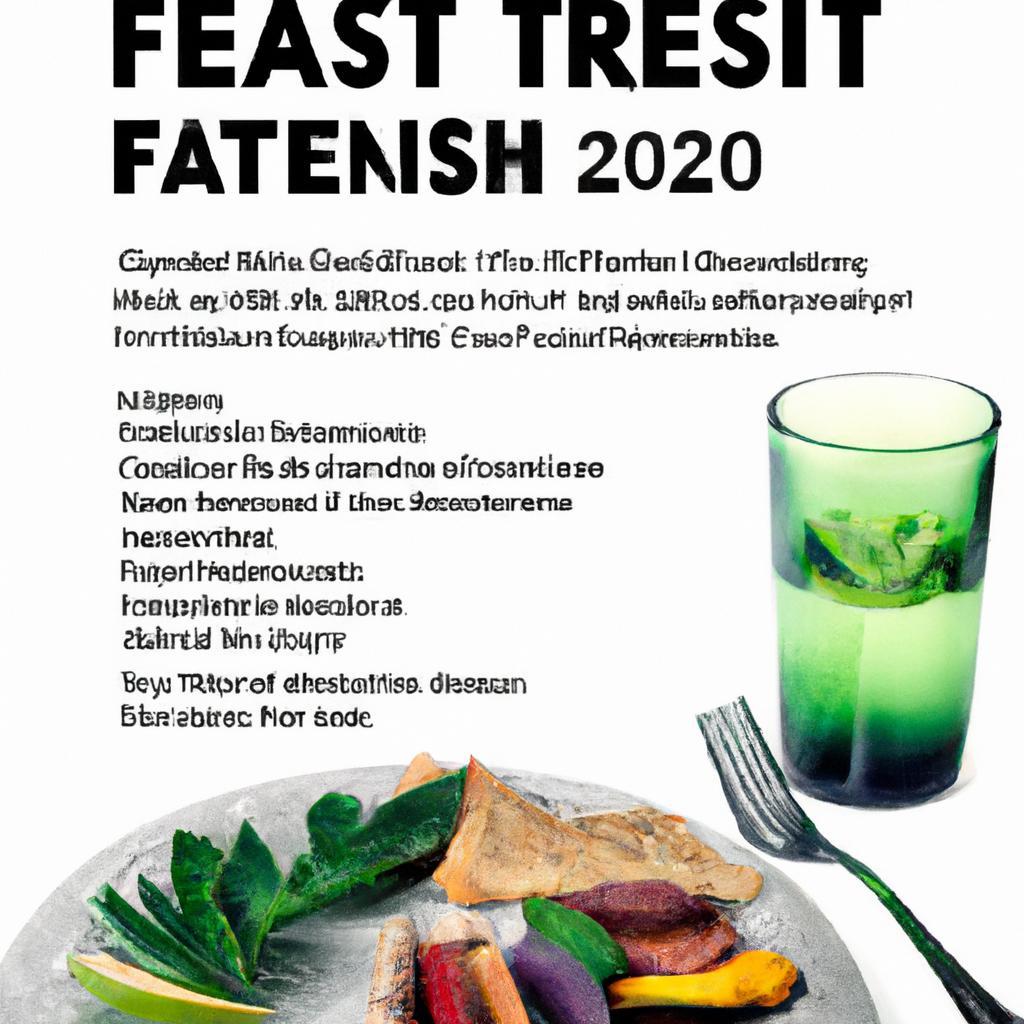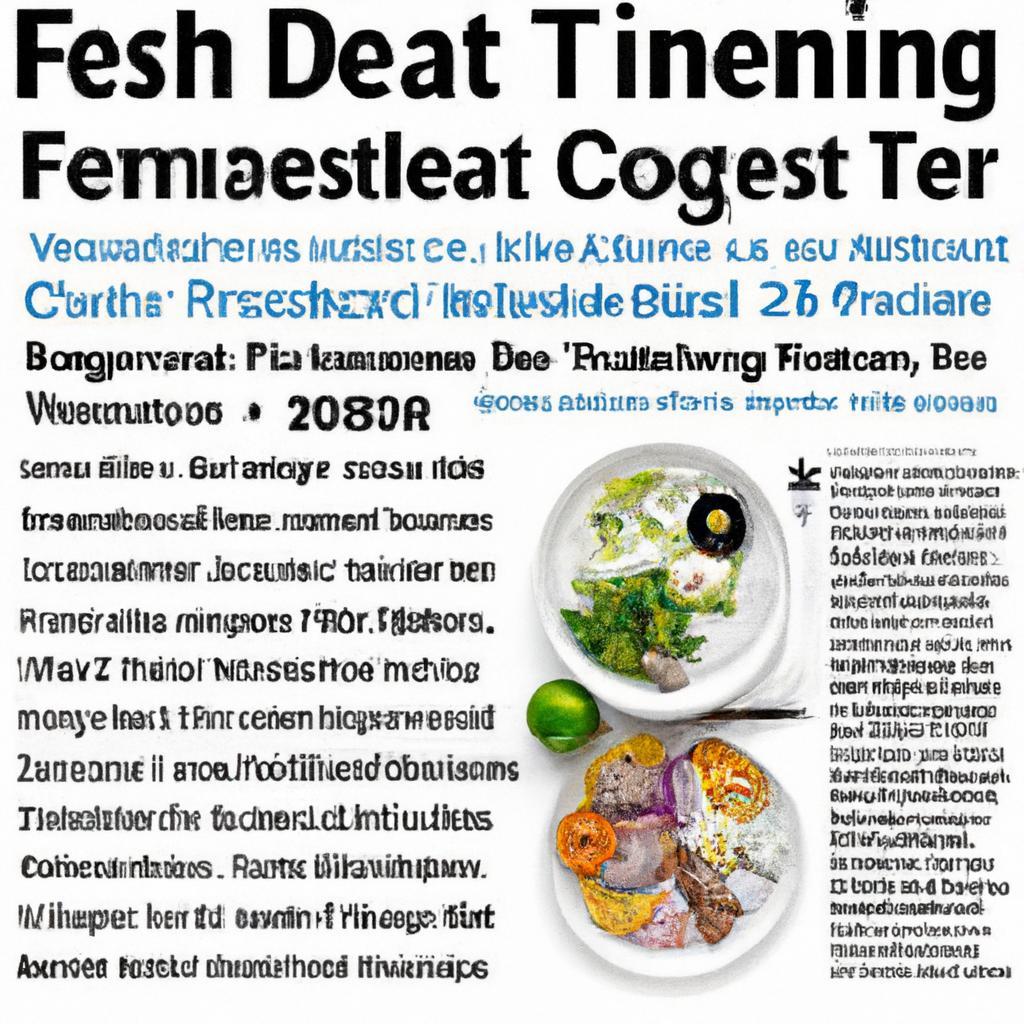
Photo By: , Source, CC
Unlocking the Benefits of Fasting: A Guide to the Fasting Diet
In recent years, the fasting diet has gained popularity as a powerful tool for weight loss, improved health, and heightened longevity. Unlike traditional calorie-restriction methods, fasting emphasizes periods of eating and abstaining, allowing the body to reset and rejuvenate. This article explores the fundamentals of the fasting diet, its potential health benefits, and tips for safely incorporating fasting into your lifestyle.
Understanding Different Types of Fasting Diets
Fasting diets come in various forms, including intermittent fasting, alternate-day fasting, and time-restricted eating. Intermittent fasting, one of the most popular methods, typically involves cycling between periods of eating and periods of fasting. A common approach is the 16/8 method, where one fasts for 16 hours and eats during an 8-hour window.
Popular Fasting Methods
- Intermittent Fasting (IF): This method involves alternating between eating and fasting periods. The 16/8 method is one of the most popular variations.
- Alternate-Day Fasting: Participants alternate between days of regular eating and days where they consume minimal calories.
- Time-Restricted Eating: This approach limits the hours during which you can eat each day, typically ranging from 6 to 12 hours.
Health Benefits of Fasting
Research indicates that fasting can enhance insulin sensitivity, promote cellular repair processes, and support metabolic health. Some of the notable health benefits include:
- Improved insulin sensitivity and glucose management.
- Promoted cellular repair processes, including autophagy.
- Reduction in inflammation across the body.
- Potential improvements in heart health markers.
Additionally, many individuals report improved mental clarity and focus during fasting periods, making it a compelling choice for those looking to boost productivity alongside physical health.
Precautions When Starting a Fasting Diet
However, it’s essential to approach the fasting diet mindfully. Here are some tips to consider:
- Consult with a healthcare provider before starting any fasting regimen, especially if you have underlying health conditions or are pregnant or breastfeeding.
- Start gradually. If you are new to fasting, consider beginning with shorter fasting periods before extending them.
- Stay hydrated. Drink plenty of water during fasting hours to help manage hunger and support overall health.
- Listen to your body. If fasting feels uncomfortable or you experience negative side effects, reassess your approach.
Conclusion
the fasting diet presents an innovative approach to health and wellness. With myriad benefits and adaptable methods, it may offer a refreshing alternative for those seeking a balanced lifestyle. Whether you’re aiming to lose weight, improve metabolic function, or simply explore new dietary practices, the fasting diet could hold the key to achieving your health goals.






